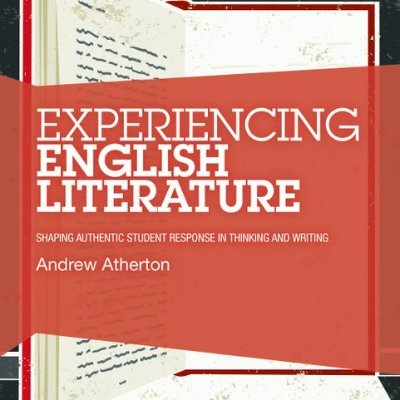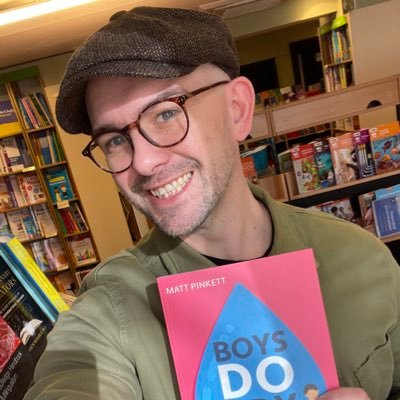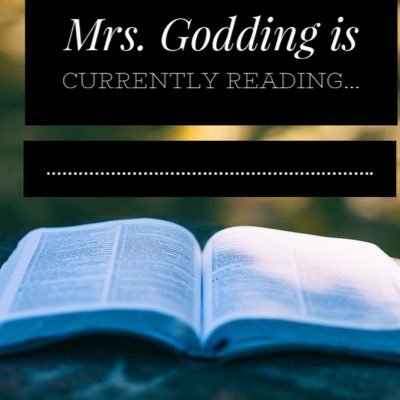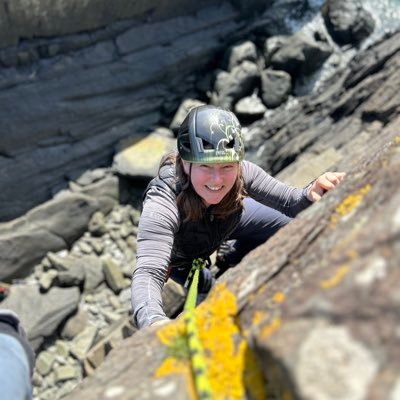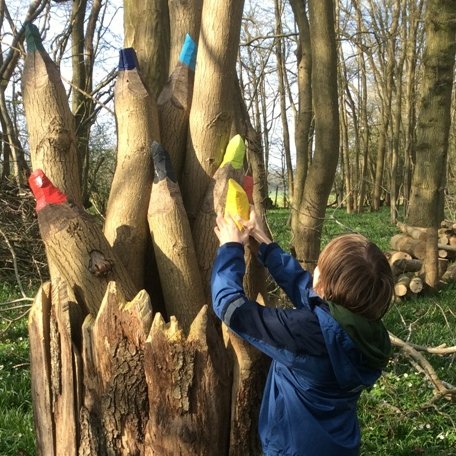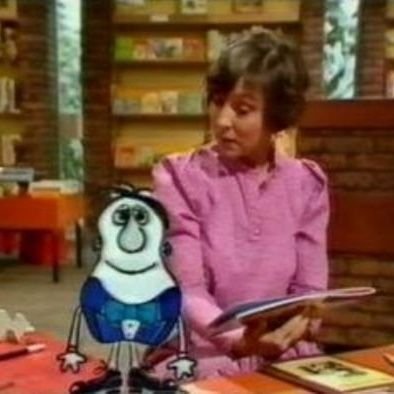
MrsB_English
@English_MrsBEnglish Teacher | Mama | Wife | Equestrian | Drinker of tea - prolific biscuit dipper ☕️ 🍪 📚
Similar User

@LauraLolder

@SusanSEnglish

@mssfax

@LitdriveUK

@neilbowen3

@DoWise

@shadylady222

@HWimbushEnglish

@MrLukeCrawford

@KGibson2605

@Mathew_Lynch44

@teachals

@Xris32

@_krogg

@RealGingerella
When asking a student why she’s struggling to complete homework she told me “I’ve got so much to do I just can’t mentally bring myself to look at the list” and I’ve never related to anything more in my life. 🤷♀️
Some brilliant ideas here- I’m going to collate them and I will share that doc. Please do let me know ASAP of any other strategies you use to improve vocabulary of your students!
Our Year 11 desperately need to improve their vocabulary before their English Language and Literature exams. How can we do this quickly, effectively and relatively pain free?! Drop your ideas below 👇 🙏
Synonyms all day long. Whenever we model a class response, or explore a word, I invite the class to ‘up-level’ - encouraging them to think ‘deeper’. It’s also a quick win to pause and mind map (sometimes during a task I’ll ask students to list 3 ‘sophisticated antonyms/synonyms’)
We also take different types of weather and develop descriptions of each. One of them will be useful in the summer exam.
Use the dictate function on OneNote. Read aloud an extract/article/lyrics etc. Share the dictation on whiteboard. Students work to enhance the vocabulary. Select students to dictate again, comparing the difference between dictations in tone, formality etc.
No, not meaning technical terms or subject terminology. I’m talking literal vocabulary for both analytical and creative writing. In general, vocab seems basic.
With writing stimulus in front of them, we generate 8-10 words before we start writing. Verbs/adverbs/adjectives but also interesting imagery/phrases. There's a great website ... and io one that let's you put in an idea, eg. Eyes and generates phrases which we play with.
Structured debate using formal rules - points of order, opcount downs etc. With extra marks awarded for vocabulary. Mine used to do a debate on a key exam text one lesson and then smash a mock question the next.
I have started introducing stimulus specific vocabulary, with definitions for every extended piece of writing. I then get them to underline where they’ve used that word in their work. Need to work on the testing them on it at a later date, though…
We do word of the lesson (with some groups words are repeated) - this involves 1. I say you say 2. student friendly definition 3. whiteboards to identify examples/non examples
Deep discussion and encourage opinions… oracy framework, interactive exploration of language
Read and even if that text is read out load and repeat - give the students ability to soled up or slow down , pause - rewind etc
@JoBullen1 is absolutely right. This will be the only way to get them to effectively use it. Other ways will be too surface level. Also think about easy ways to upgrade imagery such as precious stones for colours and verbs for personification in descriptive writing.
Give them a set of 5-10 amazing vocab -along with definitions-that you want them to know& use, & get them to write a descriptive paragraph using them all.I also find that pair & team writing really helps with this too.Then more they use them,the more likely they are to remember.
Weekly Blooket homework with vocab quizzes, do now quizzes interleaving different vocab, redrafting deficient models with better vocab etc
Read an article with great vocab - get them to ‘magpie’ 5 words they liked and write them down. They’ll start to pop up in their writing. Come back to the same activity at least once to consolidate.
Actively teach a selection as Do-Nows using the Frayer model. Wider reading as homework with a task which is to choose vocabulary they don't know from it (I have a booklet) and find out what it is. Modelling high level vocabulary, activities involving switching out 'bad' vocab.
Our Year 11 desperately need to improve their vocabulary before their English Language and Literature exams. How can we do this quickly, effectively and relatively pain free?! Drop your ideas below 👇 🙏
So, if England win tonight we avoid France, Germany, Spain AND Portugal until the final??!! I hope Southgate tells them that… can’t think of a greater motivation for victory.
United States Trends
- 1. #twitchrecap 17,7 B posts
- 2. $VSG 4.203 posts
- 3. #VECTOR 1.260 posts
- 4. Strahan 1.575 posts
- 5. Favre 2.819 posts
- 6. Heinz 7.485 posts
- 7. taemin 19,2 B posts
- 8. Gastineau 1.971 posts
- 9. Walz 13,4 B posts
- 10. Microsoft 52,8 B posts
- 11. Jamie Foxx 7.957 posts
- 12. Jamaal 1.931 posts
- 13. #GalaxyZFlip6 N/A
- 14. Jimmy Butler 7.847 posts
- 15. Among Us 19,8 B posts
- 16. John Kerry 15,7 B posts
- 17. Seiya 5.339 posts
- 18. Caitlin Clark 23,3 B posts
- 19. WNBA 14,1 B posts
- 20. All-SEC N/A
Who to follow
-
 Laura Webb
Laura Webb
@LauraLolder -
 Susan Strachan
Susan Strachan
@SusanSEnglish -
 Sarah Barker
Sarah Barker
@mssfax -
 Litdrive UK
Litdrive UK
@LitdriveUK -
 Neil Bowen
Neil Bowen
@neilbowen3 -
 Douglas Wise
Douglas Wise
@DoWise -
 Becky Wood
Becky Wood
@shadylady222 -
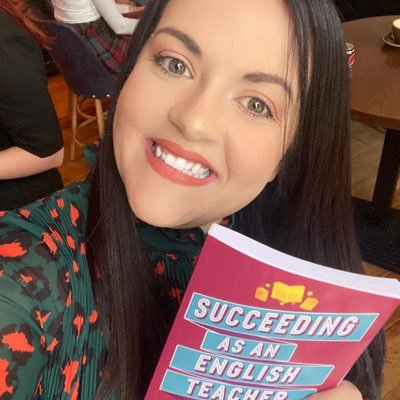 Holly Wimbush
Holly Wimbush
@HWimbushEnglish -
 Luke Crawford
Luke Crawford
@MrLukeCrawford -
 Katie Gibson
Katie Gibson
@KGibson2605 -
 Matt Lynch
Matt Lynch
@Mathew_Lynch44 -
 Amy Staniforth
Amy Staniforth
@teachals -
 Chris Curtis
Chris Curtis
@Xris32 -
 Kirsty B📖
Kirsty B📖
@_krogg -
 Lyndsey Dyer
Lyndsey Dyer
@RealGingerella
Something went wrong.
Something went wrong.




















